- Home
- News
- What’s On
- Activities for Children
- Arts & Crafts
- Autos and Bikes
- Business events
- Car Boot & Auctions
- Charity events
- Churches & Religious
- Comedy
- Dance
- Days out & Local interest
- Education
- Exhibition
- Film
- Gardening & Horticulture
- Health
- Markets & Fairs
- Music
- Nature & Environment
- Spiritual
- Sport
- Talks and Discussions
- Theatre and Drama
- Business
- Local Information
- Jobs
- Deaths
- Charity events
- Contact Us
Tatton Park Farm’s ‘Field to Fork’ story set to break the mould
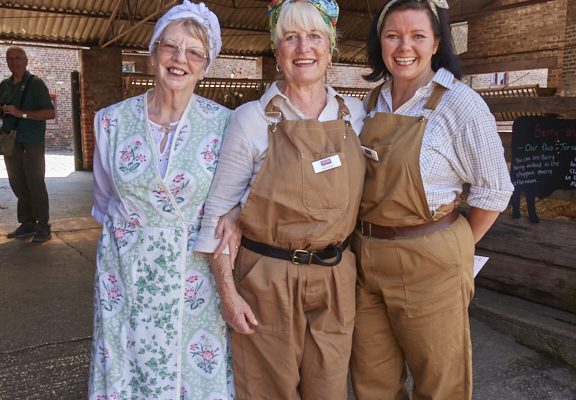
A £1.3 million development of Cheshire’s Tatton Park Farm was launched today, Wednesday 4th July.
The innovative new ‘Field to Fork’ story aims to inspire visitors, young and old, by telling the story of the journey of our food, from ‘field to fork’.
A recent survey* of 5,000 school children found that 14% of 5 – 7 year olds think that bacon comes from cows, sheep or chickens and 13% of 8 – 11 year olds think that pasta comes from an animal. In its heyday the Farm helped feed the whole of the Tatton Estate and it is hoped that the ‘Field to Fork’ narrative will help reconnect families with the origins of the food they eat by bringing to life this fascinating heritage.
Carole Mullineux, Tatton’s Business Development Manager said: “Field to Fork is a ground breaking project – there’s nothing quite like it anywhere else. There are a lot of animal petting farms in the UK but nowhere that children can get the full experience of a working farm and how food makes a journey – from a field being ploughed, to seeds being sown, crops being grown and then harvested to process into animal feed to produce healthy animals for meat. People are losing touch with where their food comes fromand our aim is to provide this information in a sensitive and thought-provoking way”
A visit will feature the original slaughterhouse, open to the public for the first time, where soundscapes and visual special effects help people to understand how slaughter was carried out in the past comparing practices from the 1940’s with animal husbandry today.
Other new hands-on activities include walking the pigs out to the fields and holding newly hatched chicks in the Hatchery. Visitors can help 1940’s characters such as Aunt Mary churn butter in the Caretakers Cottage, be interviewed for a job by Mr Wiglesworth the Land Agent, or go on a tour of the impressive 18thCentury Mill with working machinery and interactive displays.
Visitors will also be able to take part in traditional agricultural skills such as horse ploughing, cheese-making and beekeeping and learn about the history and care of all the rare breed animals including Middle White pigs, Clydesdale horses and Leicester Longwool sheep.
There’ll also be a range of exciting, new educational opportunities as well. Food and nutrition is now a compulsory curriculum subject up to Key Stage 3 and school children will have the opportunity to collect food from the fields, process it and cook with it in our new bespoke built cookery barn. Older pupils will see STEM** subjects brought to life by conducting experiments and solving problems using interactive models and machinery on site.
Laura Armitage, Tatton Park’s Learning and Visitor Services Manager added: “The ability to understand where food comes from and consequently make informed decisions about diet and lifestyle is an essential part of pastoral education and we are one of very few sites to explore this in any detail.”

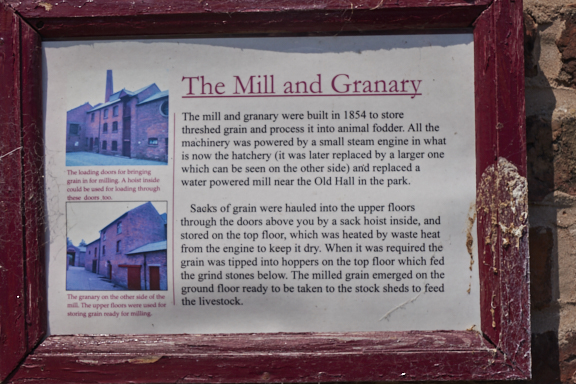


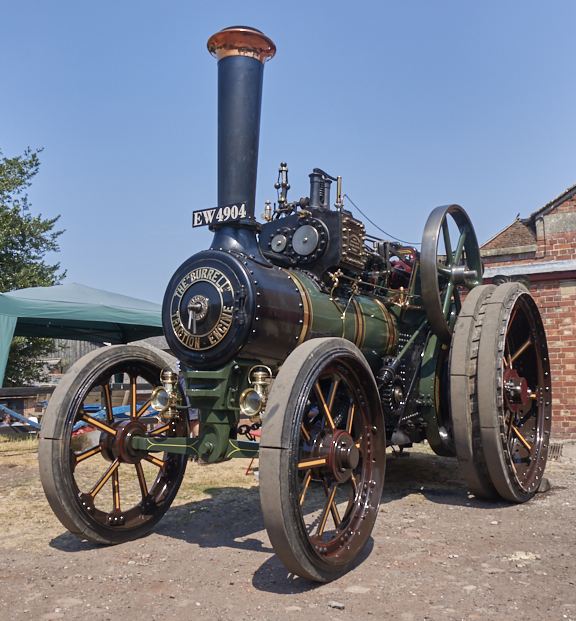
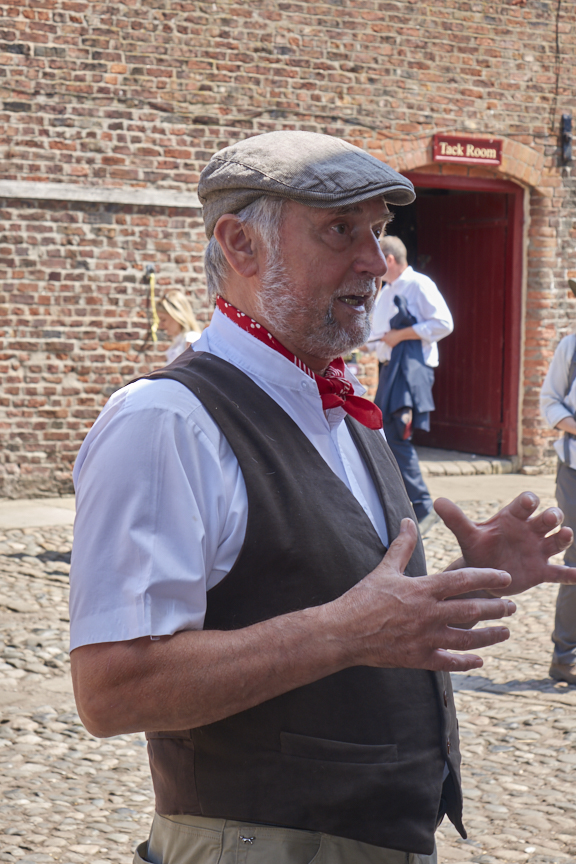
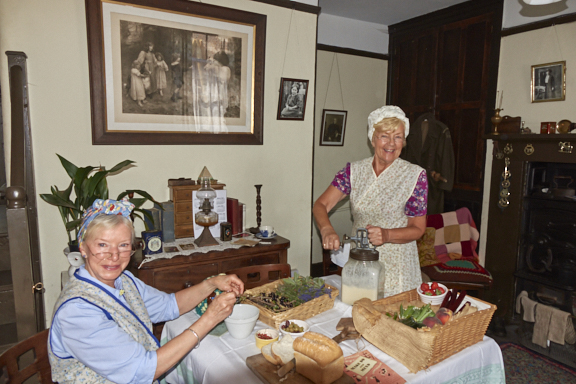
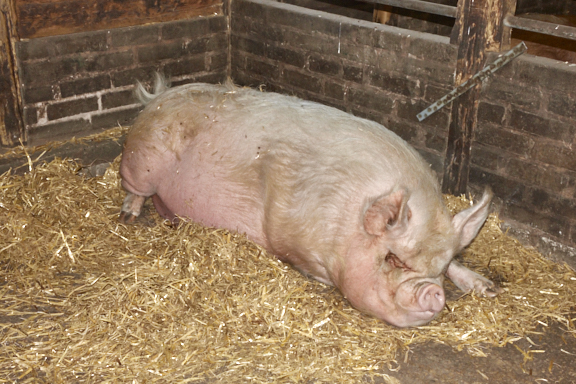
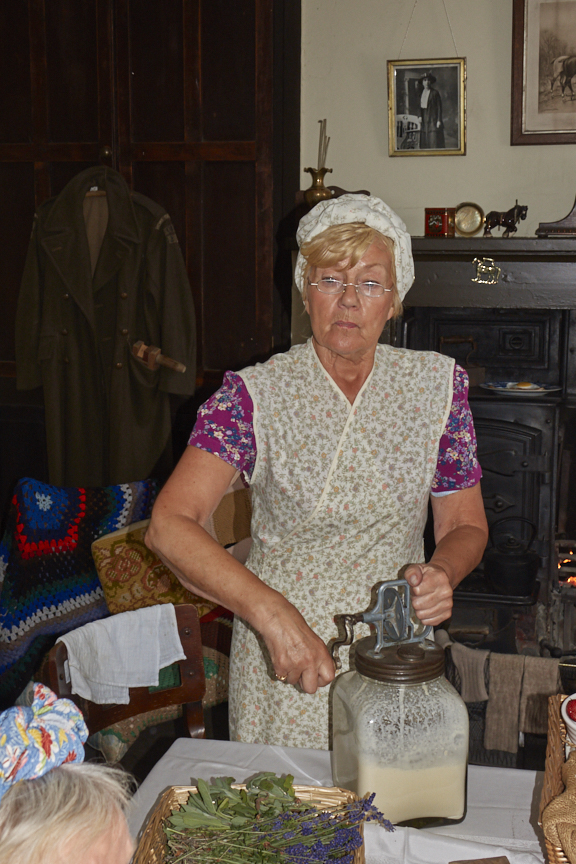
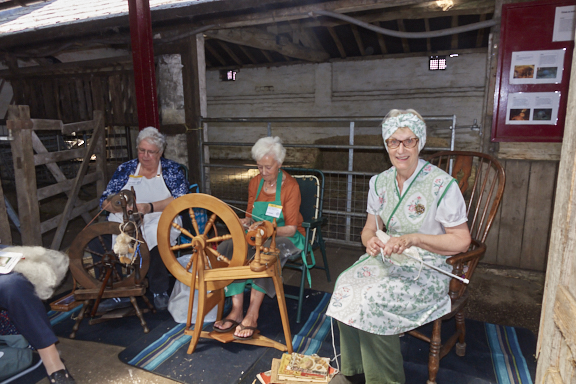
You must be logged in to post a comment Login